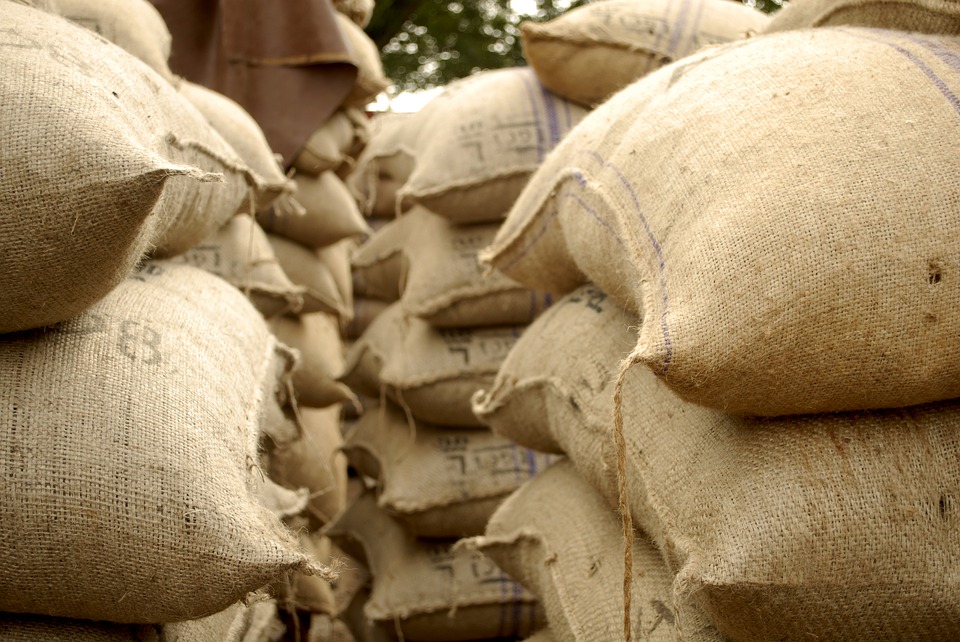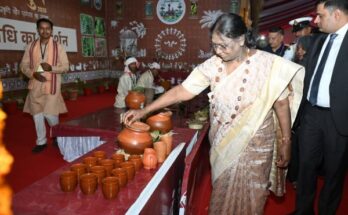
Team News Riveting
The Cabinet Committee on Economic Affairs chaired by Prime Minister Narendra Modi approved that 100 per cent of the food grains and 20 per cent of the sugar should be mandatorily packed in diversified jute bags.
The decision aimed to reach out to the farmers and workers in the eastern and north eastern regions particularly in West Bengal, Bihar, Odisha, Assam, Andhra Pradesh, Meghalaya and Tripura.
It also added importance considering that the jute industry was predominantly dependent on the government sector which purchases jute bags of value of more than Rs 7,500 crore every year for packing food grains.
This is done in order to sustain the core demand for the jute sector and to support the livelihood of the workers and farmers dependent on the sector.
The latest decision will have its impact on poll-bound states like West Bengal, Assam and Bihar where BJP is fighting the electoral battle to emerge as the top player and even form the government. The elections are on in Bihar, while they are due in West Bengal and Assam next year.
“The decision to pack sugar in diversified jute bags will give an impetus to the diversification of the jute industry. Further, the decision also mandates that initially 10 per cent of the indents of jute bags for packing food grains would be placed through reverse auction on the Gem portal. This will gradually usher in a regime of price discovery. The government has expanded the scope of mandatory packaging norms under the Jute Packaging Material (JPM) Act, 1987,” the government statement said.
Nearly 3.7 lakh workers and several lakh farm families are dependent for their livelihood on the jute sectors.
The price of ethanol from C heavy molasses route would be increased from Rs 43.75 per litre to Rs 45.69 per litre, the price of ethanol from B heavy molasses route would be increased from Rs 54.27 per litre to Rs 57.61 per litre, the price of ethanol from sugarcane juice, sugar and sugar syrup route would be increased from Rs 59.48 per litre to Rs 62.65 per litre.



